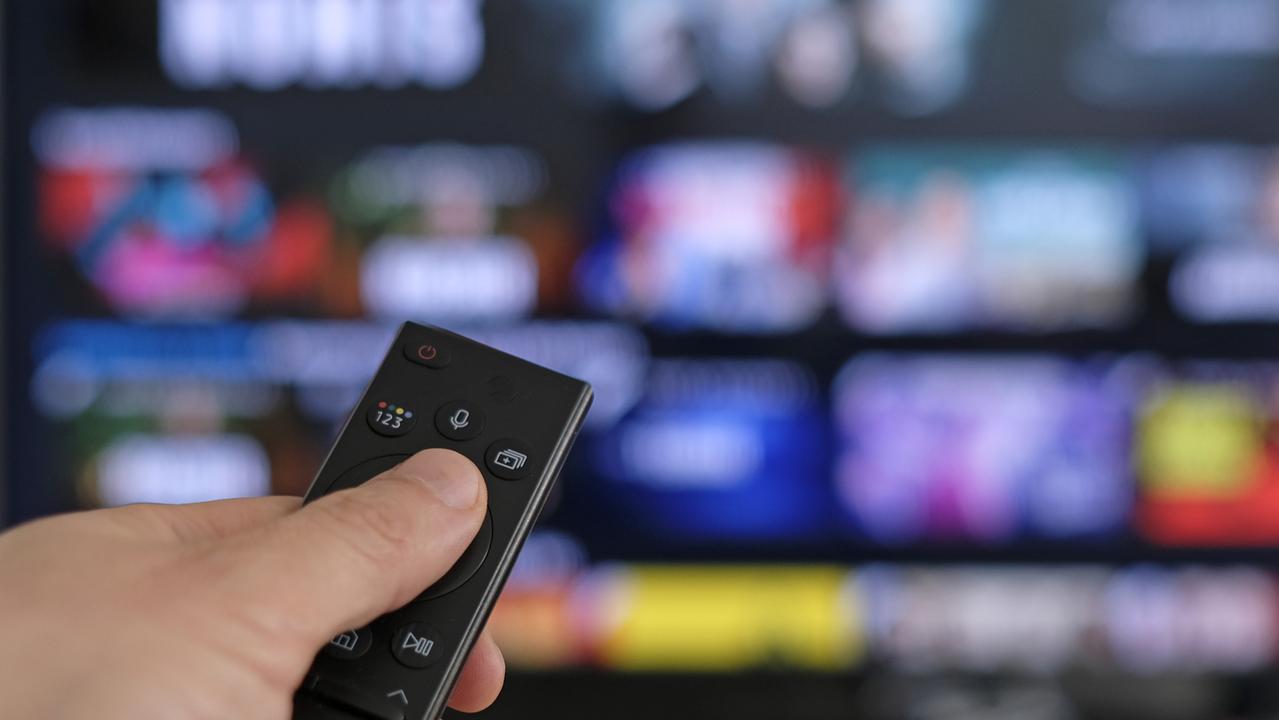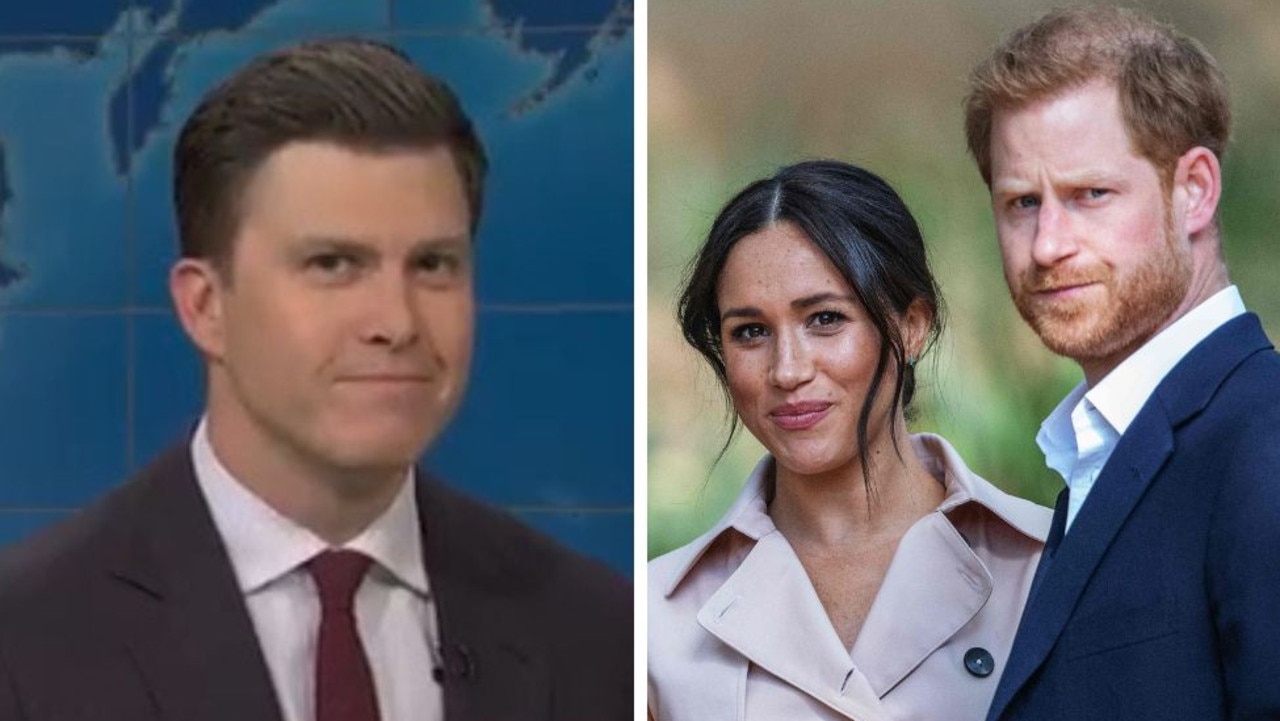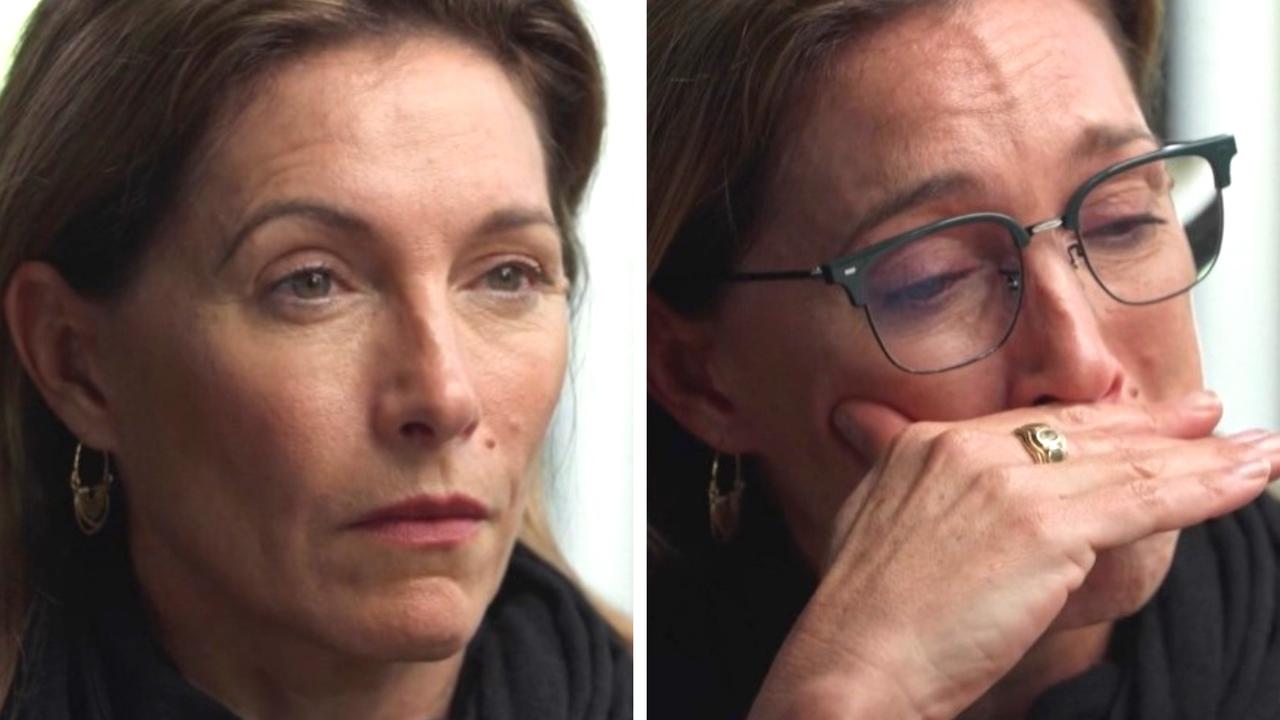Isabela Merced discusses her universally acclaimed, star turn in The Last of Us
Isabela Merced joined an already acclaimed show for its second season. And has somehow managed to
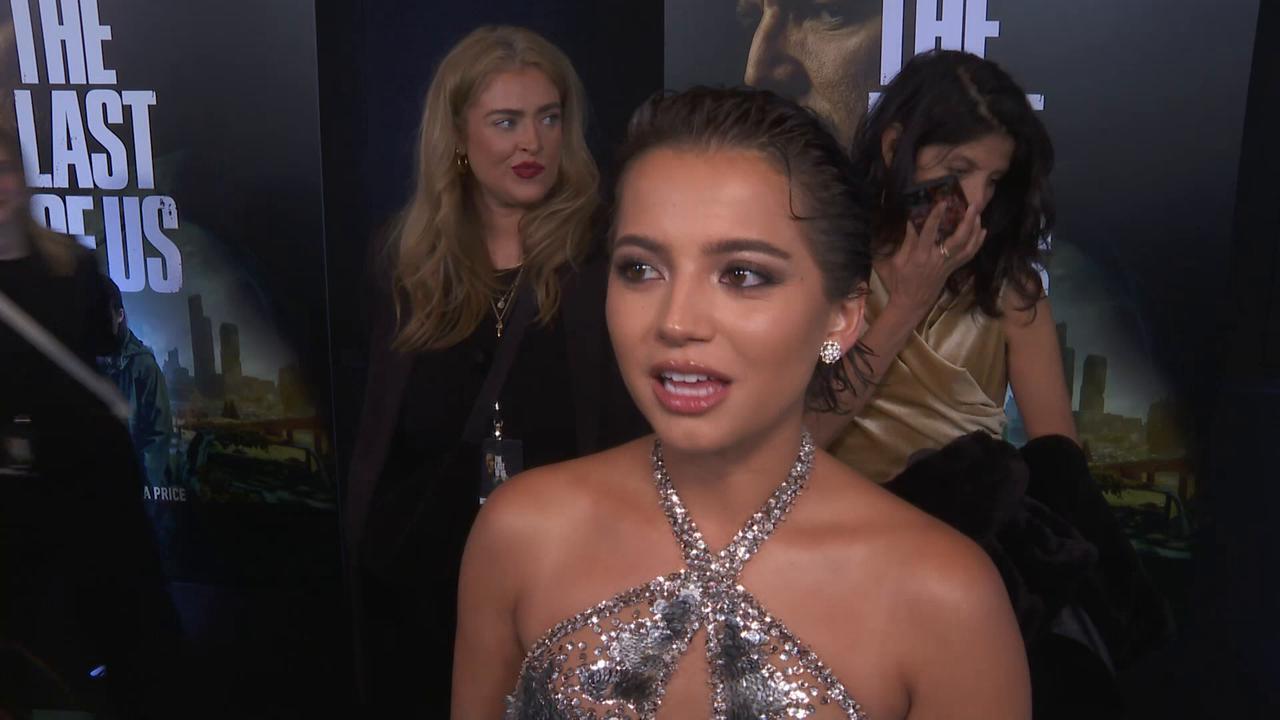
Spoiler warning for The Last of Us, through to season 2, episode 5
The fear, with any TV adaptation, is that you won’t do the source material justice.
HBO’s The Last of Us, based off the video game series of the same name, avoided that trap in its first season, earning critical acclaim without alienating existing fans of the franchise.
Viewer reaction to the second season has been more mixed, so far. In our review we felt it ultimately succeeded, and maintained the same level of quality. We shall see what the public thinks soon enough, once the final episodes air.
But there is one point on which everyone, fan or critic, already seems to agree: young actress Isabela Merced’s portrayal of Dina has elevated the character. The TV version of Dina doesn’t just match the game’s version, but surpasses it.
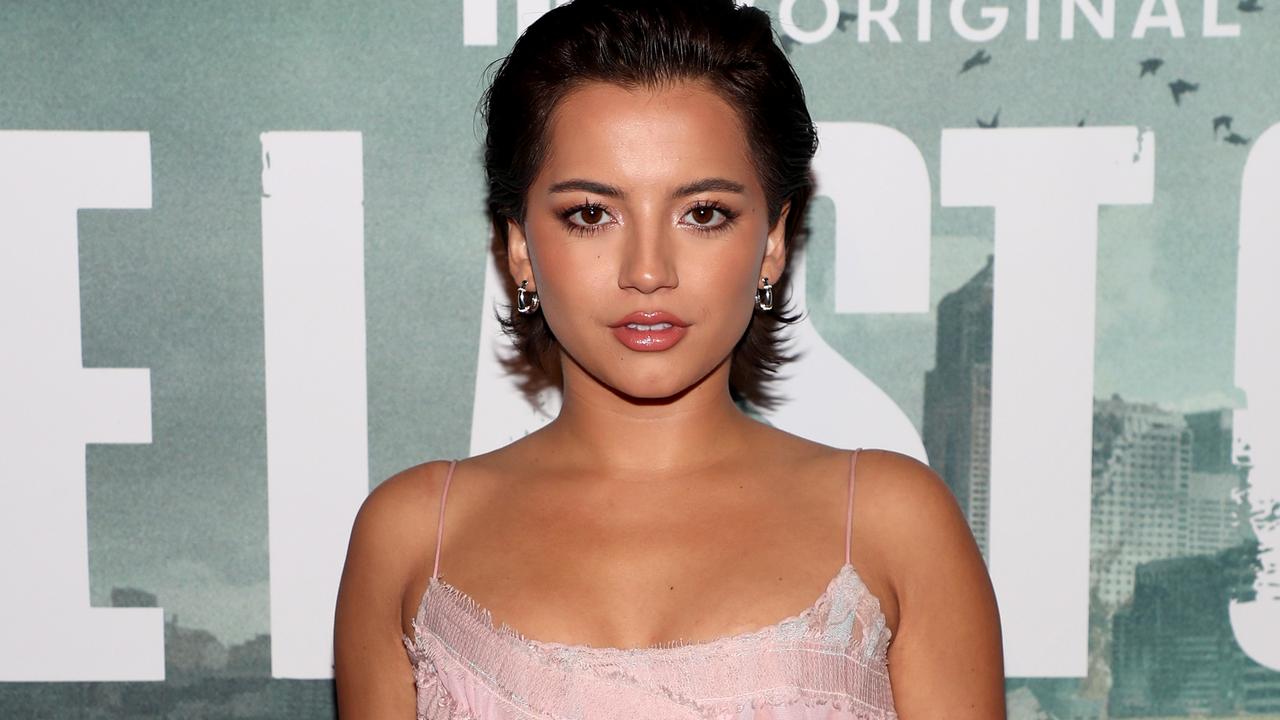
Merced, 23, says showrunner Craig Mazin, who is collaborating with chief architect of the games Neil Druckmann, delivered “a lot of the structural changes” to the story of The Last of Us that have yielded a more “fleshed out” version of Dina.
“It’s a completely different beast, adapting a game into a TV show. The time is more limited and whatnot,” she told news.com.au.
(This seven-episode season of television will run for a little under seven hours. Video game The Last of Us Part II, the first half or so of which is the source material here, takes about 25 hours to complete if you focus only on the main story, and more than 40 hours if you decide to be more thorough. So yes, the time available is much more limited.)
“I think when it came to Dina, I did know that she would be more fleshed out. I didn’t know how, but I knew she’d be a much more important part of this season,” Merced said.
“I think it snuck up on me sometimes, like when I’d receive a script and they’d have a lot of paragraphs, and I was like, ‘Oh damn, Dina’s kind of got this boss girl energy, where she’s able to triangulate, and she’s able to give a breakdown as to what the plan is.’
“And I really love those changes. As opposed to her, you know, being kind of blindly devoted to Ellie. She has her own purpose and drive.”
She was referring to a dynamic that is emphasised more consistently throughout the TV adaptation. Series protagonist Ellie, played by Bella Ramsey, is the rash, socially awkward hothead. Merced’s Dina is the socially popular, but more rational and considered foil.
Together they form an effective pair, each complementing the other’s weaknesses. But that’s also a recipe for tension.
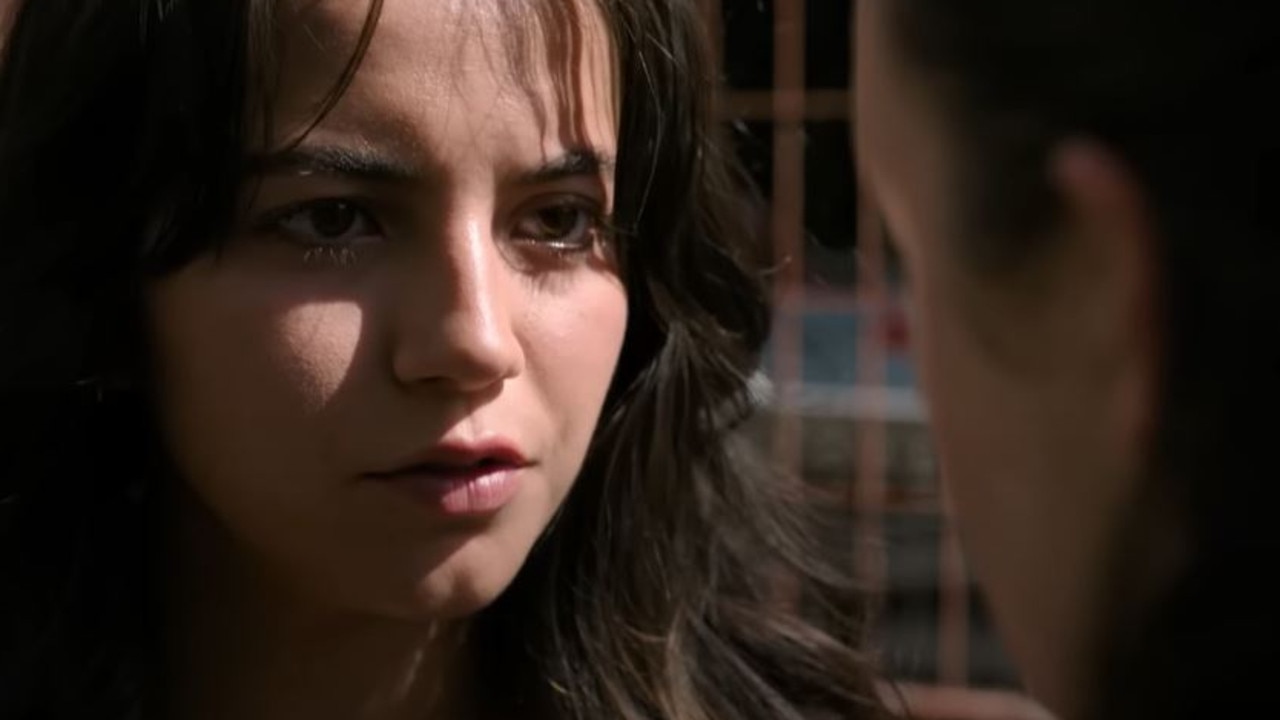

Said tension was palpable during the season’s fourth episode. First, when Dina listens to Ellie play a gentle cover of a-ha’s Take on Me, a gorgeous scene is ripped straight from the game.
And second, when Dina thinks Ellie has become infected, and that she’ll have to put her down, not knowing Ellie is immune.
Asked by news.com.au about the internal process required to pull off such scenes, as an actress, and to what extent she needs to “force yourself to get into the same headspace as the character”, Merced gave an interesting answer.

“I feel like there’s not a lot of forcing when you have a really good co-worker who is equally as invested and who speaks the same language and is so giving,” she said, obviously referring to Ramsey.
“I think my trick to it, if there’s a trick at all, is probably just being ultra-present. I think that’s one of my abilities as a person, and it allows me to even enjoy life more when I’m not working. It’s just the ability to stay really present.
“And someone who helped me consider that in my work is Benicio Del Toro, who I did Sicario 2 with.
“And he taught me some little tricks, one of them being, you know, whenever you get to in your head, which actors can do so much, creatives can do that so much. He said, just during the scene, literally look around and name the things that you’re seeing and count the things that you’re seeing, and really pay attention to those details.
“And that forces you to sort of be present.”
The Last of Us airs on Max


